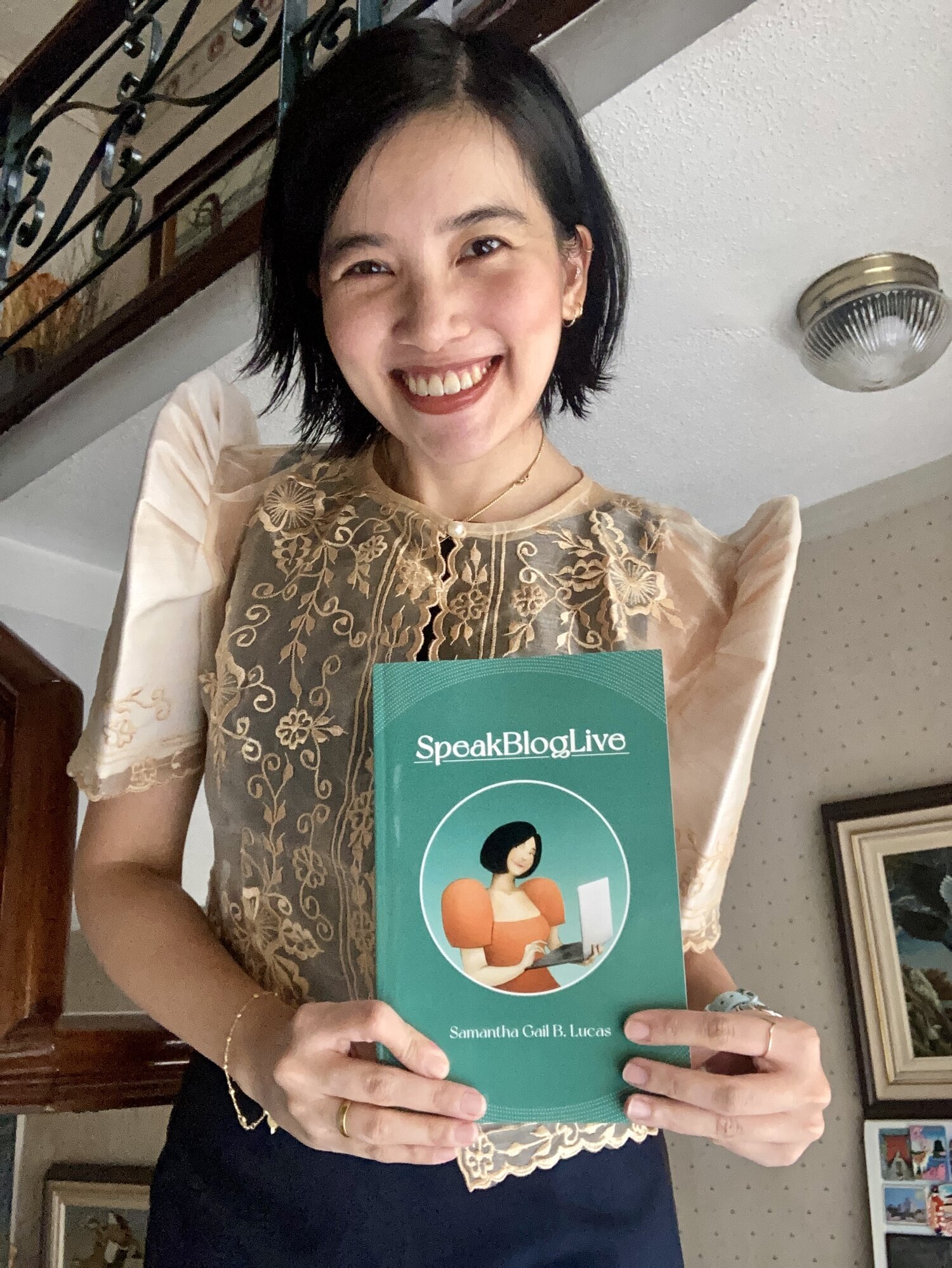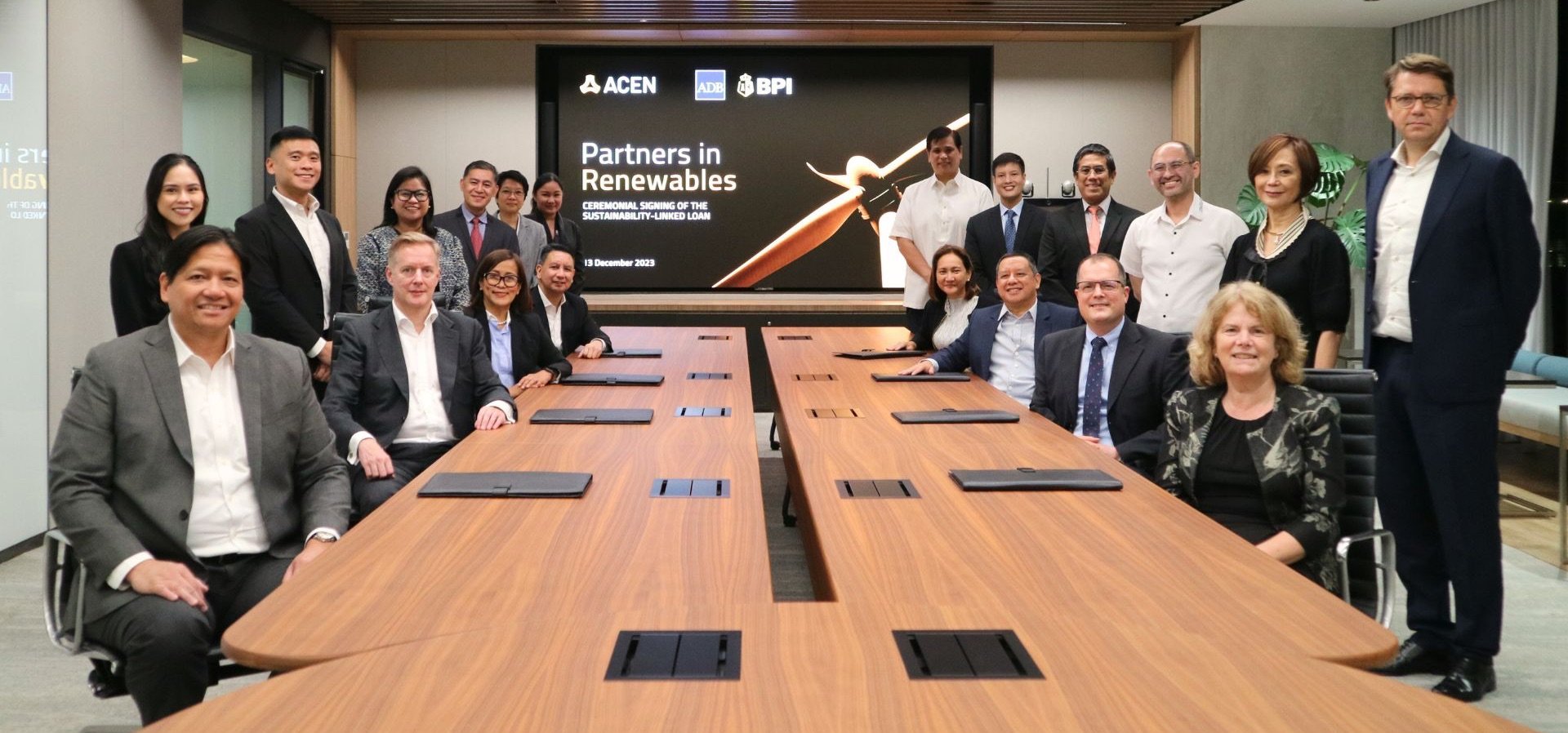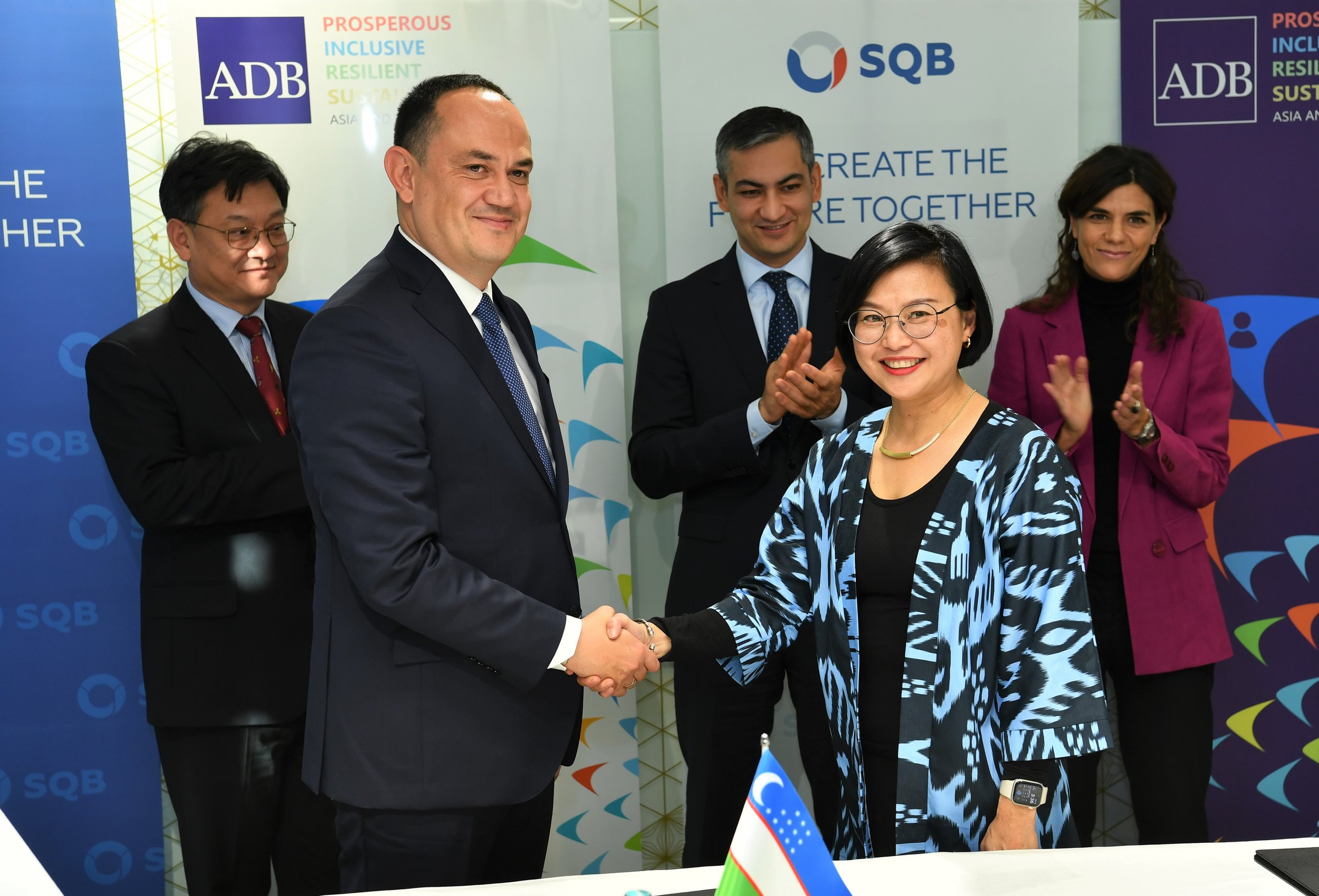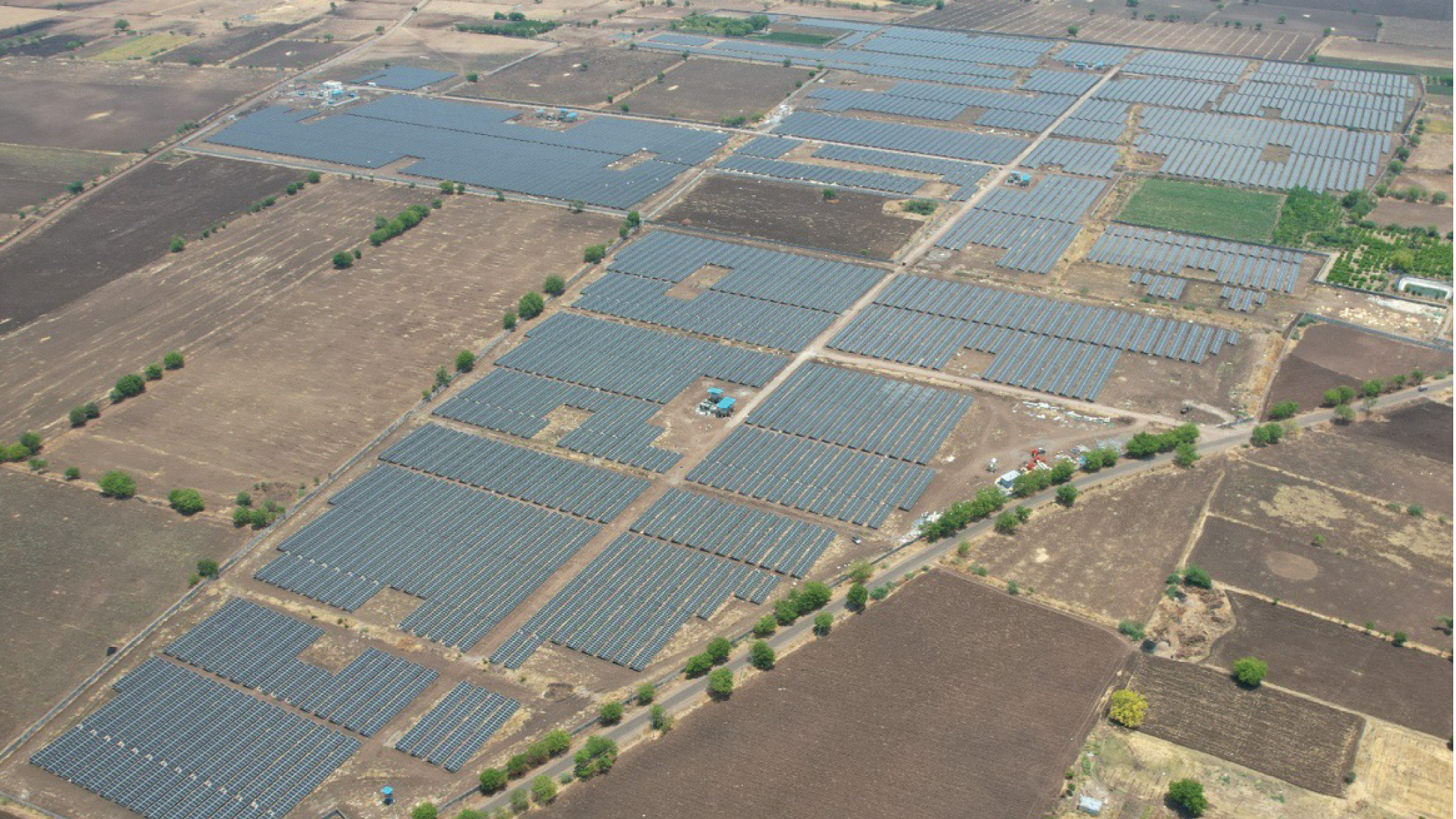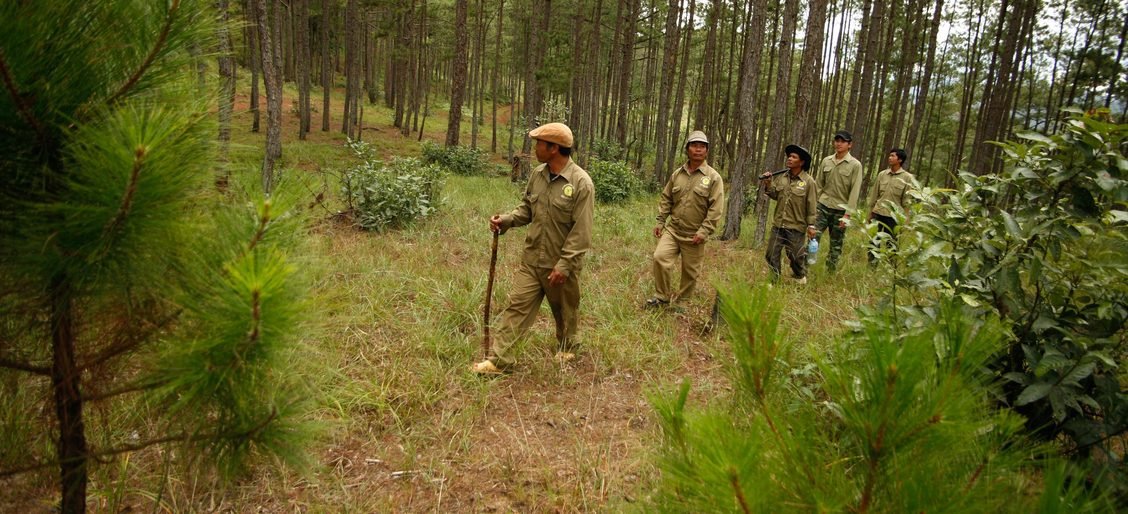TBILISI, GEORGIA (3 May 2024) — Donors and the Asian Development Bank (ADB) have agreed to a replenishment of $5 billion for ADB’s Asian Development Fund (ADF) 14 and Technical Assistance Special Fund (TASF) 8. The commitment was made during ADB’s 57th Annual Meeting.
The ADF is ADB’s largest source of grants for operations in its poorest and most vulnerable developing member countries and is replenished every 4 years. ADF 14—marking the 13th replenishment since the fund’s establishment—will support grant operations during 2025–2028. The ADF 14 replenishment is about 22% higher than the $4.1 billion available in ADF 13, and will provide eligible ADB members with the largest-ever volume of ADF grants. TASF 8 will provide grants that help prepare projects, build capacity, and provide technical or policy advice.
“Grants are more important than ever as our poorest and most vulnerable members seek to reverse recent development setbacks and take urgent action to combat the climate crisis,” said ADB President Masatsugu Asakawa. “This remarkable replenishment demonstrates ADF donors’ continued partnership with ADB to address the pressing development challenges of those most in need.”
ADF 14 prioritizes dedicated assistance to small island developing states that are particularly vulnerable—especially to climate change—and to countries in fragile and conflict-affected situations.
ADF 14 will continue to play a critical role in supporting climate change adaptation and disaster risk reduction. It will enable expanded assistance for regional cooperation and regional public goods, and for transformative gender action. It will also provide agile assistance in the event of emergencies through its crisis response window.
More than $2.5 billion, or 51%, of the replenishment will be funded by contributions from donors including two new countries: Armenia and Georgia. ADB will significantly increase its net income transfers to ADF, from just under $1.2 billion in ADF 13 to almost $1.6 billion in ADF 14, an increase of 35%. The remaining $0.9 billion will comprise transfers from earlier ADF cycles and income from liquidity investments. In parallel, ADB intends to provide $16.7 billion in concessional loans, which have very low interest rates over long repayment periods, during the ADF 14 period. Overall, ADB will be able to provide more than $8 in grants and concessional loans for every $1 in donor contributions.
ADB is committed to achieving a prosperous, inclusive, resilient, and sustainable Asia and the Pacific, while sustaining its efforts to eradicate extreme poverty. Established in 1966, it is owned by 68 members—49 from the region.
Notes:
The following donors announced contributions to ADF 14: Armenia; Australia; Austria; Canada; Denmark; Finland; France; Georgia; Germany; Hong Kong, China; India; Indonesia; Ireland; Italy; Japan; Luxembourg; Malaysia; Netherlands; New Zealand; Norway; People’s Republic of China; Philippines; Portugal; Republic of Korea; Spain; Sweden; Switzerland; Taipei,China; Türkiye; United Kingdom; and United States.
The following developing member countries are the primary recipients of grants from ADF 14: Federated States of Micronesia; Kiribati; Kyrgyz Republic; Maldives; Marshall Islands; Nauru; Samoa; Solomon Islands; Tajikistan; Tonga; Tuvalu; and Vanuatu. Grants will also be available to support the people of Afghanistan and Myanmar, and for transformative projects in Bangladesh; Bhutan; Cambodia; Cook Islands; Fiji; Lao People’s Democratic Republic; Mongolia; Nepal; Niue; Pakistan; Palau; Papua New Guinea; Sri Lanka; Timor-Leste; and Uzbekistan.
ADB President Press Conference Opening Statement
Good afternoon and thank you for joining us today for this Annual Meeting press conference.
I am grateful to the Government of Georgia and city of Tbilisi for their excellent arrangements as hosts of our meeting. It is an honor to hold our first Annual Meeting in Georgia and only our second in the Caucuses.
The theme of this year’s Annual Meeting is “Bridge to the Future,” recognizing Georgia’s location as a crossroads between East and West. It reflects the linkages between Asia and Europe, highlighting the physical, financial, and economic connections now and for the future.
We meet amidst multiple challenges that impact human and economic development, where progress has stalled for many. It is incumbent on us to intensify efforts to address the climate crisis, eradicate poverty, and foster inclusive socioeconomic development. The Asian Development Bank, alongside other multilateral development banks, plays a pivotal role in these efforts.
With this in mind, I am pleased to announce that yesterday we concluded the pledging session for the Asian Development Fund 14, or ADF 14. I am very grateful for the generous pledges from donors, which helped to deliver a replenishment of $5 billion.
This remarkable replenishment marks the largest ever commitment to ADF’s grant operations. It demonstrates ADF donors’ continued partnership with ADB to address the pressing development challenges of those most in need. It makes ADF’s 50th anniversary a golden anniversary indeed.
Established in 1974, ADF is dedicated to eradicating poverty and enhancing the quality of life in Asia and the Pacific’s poorest and most vulnerable countries. ADF combines contributions from ADB members with net income transfers from ADB’s ordinary capital resources.
After 50 years, ADF funding remains as crucial as ever. Our ADF grants are more important than ever as our poorest and most vulnerable members seek to reverse recent development setbacks and to spur urgent action to combat the climate crisis.
My visits to ADF projects have reinforced the transformative impact of this support.
There are several key features to ADF 14. Let me highlight a few:
First is continued support for the vulnerable. ADF 14 prioritizes small island developing states, which are among the most vulnerable, especially to climate change.
Second is ADF’s transformational agenda. ADF 14 focuses on climate change adaptation, disaster risk reduction, promoting gender equality, and driving forward regional cooperation and integration, including regional public goods.
Third is responsive assistance. ADF 14 remains ready to respond to disasters, health emergencies, and large cross-border displacements in a flexible manner.
And fourth is crisis support. ADF provides essential support to the people of Afghanistan and Myanmar to focus on their basic needs.
Our discussions with donors over recent months have shaped a robust vision of ADF’s next four years, reflecting our collective commitment to a sustainable future. We greatly appreciate the strong and continued support from our donors, including Georgia.
The generous backing from our donors not only fuels these initiatives but fosters a spirit of international cooperation that is crucial in times of global crises. This collaboration enhances our collective capacity to face challenges that no single country can overcome alone. Our efforts will pave the way for a resilient, inclusive, and sustainable region, ensuring that the Asian Development Fund remains a powerful tool for change.
Thank you once again for joining this press conference for ADB’s 57th Annual Meeting. Let me end here to allow time for your questions.
Source: ADB; photo from ADB


